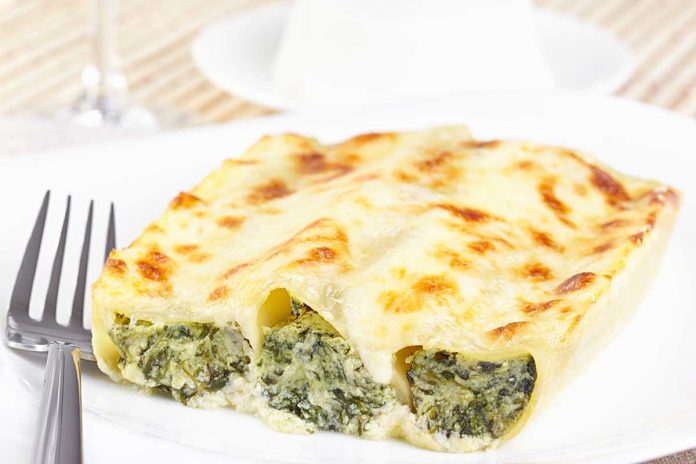Michael and Marjorie Wilton
Michael and Marjorie’s Lake Huron home hugs the shoreline and gives the viewer a sense of peace as they gaze over the wide-open water and sky stretched before them. Living with nature has been Mike’s calling as he spent his working life as a biologist with the Ministry of Natural Resources, dealing with the flora and fauna of Ontario and spending much of his time in Algonquin Park with Marjorie at his side. The couple has seen so much of our beautiful country, from the Inner Channel of British Columbia to the east coast and the hills and lakes of Northern Ontario. Mike and occasionally Marjorie, have had the unique opportunity to travel by car, plane, barge, motorcycle, helicopter and commercial jet.
Marjorie begins, “I was born in Gore Bay beside the United Church on July 11, 1938. My parents had met working on Burnt Island. Dad, Charlie Ward, was born on the east bluff of Gore Bay. My mother Mary Brown hailed from the Ice Lake area. The log house she was born in still stands today. I have four siblings. Jim and Geraldine were older, and Matt and Linda arrived 10 and 12 years later. My paternal grandparents, Frances and Charlie Ward were farmers on the East Bluff. I only remember my grandmother who lived to be 88. Maternal grandparents James and Margaret Brown lived on Ice Lake, in Pleasant Valley. They were farmers too, but James died before I was born.”
“Dad worked at INCO. During the war years he had the foresight to take a welding course. When we moved to Collingwood in 1943, he got a ship-building job. I was about seven when the war finally ended after the bombing of Japan in August of 1945. The honking cars and the pure visual joy in the streets were unforgettable. Loved ones were coming home.”
Marjorie started school in Collingwood. “I liked English and literature the most. A fruit and vegetable farm gave me a starting wage in the summer. Trucks picked us up after school. We weeded tomatoes and I picked apples for 25 cents an hour. Strawberries yielded four cents a basket. By the end of the day my hands were sticky. I used toothpaste and javex to get the green gooey mess off my hands. One day I almost got run over by a tractor, but I jumped away at the last second.”
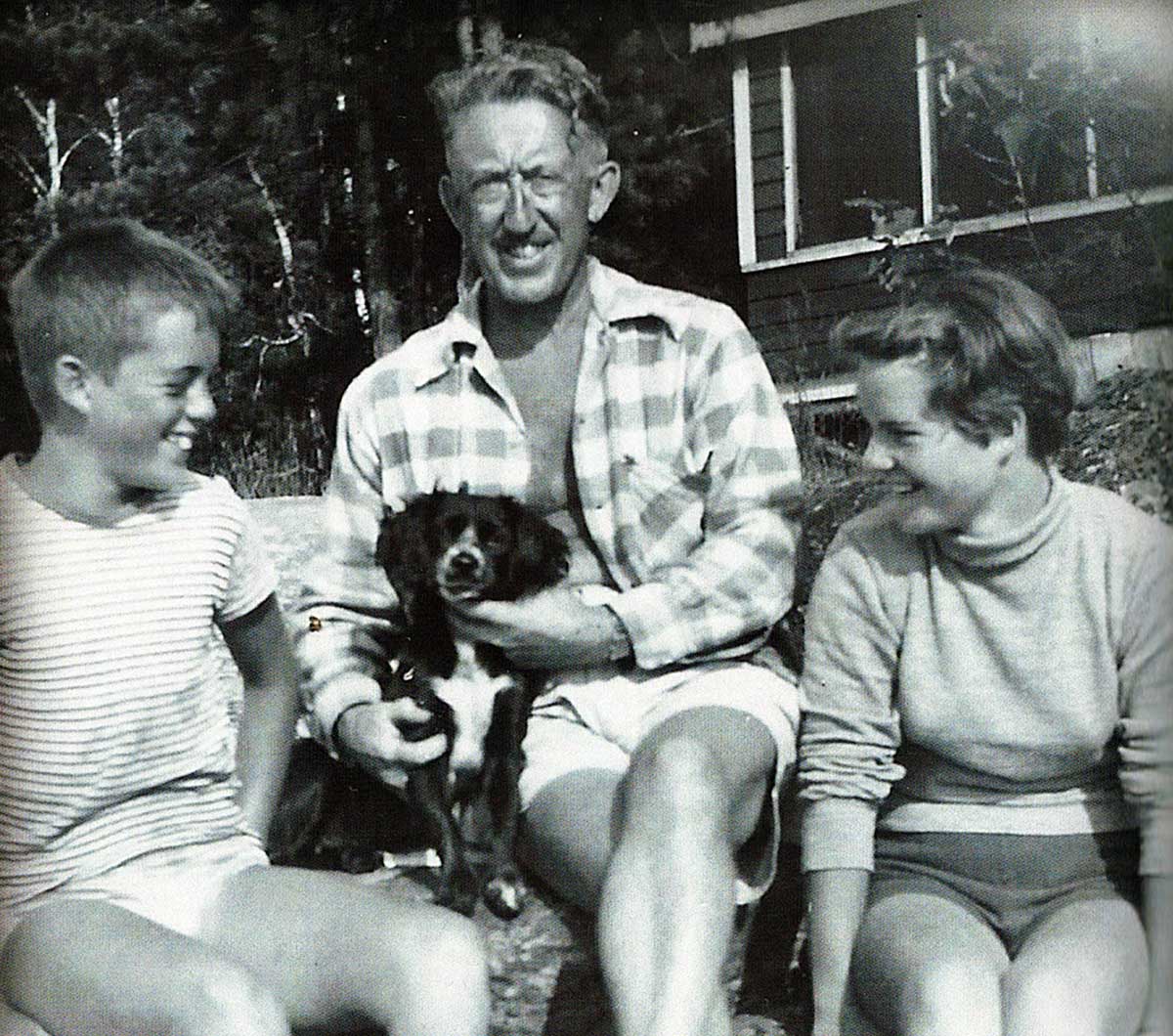
In July of 1953, the ship building closed in Collingwood and the family moved to Wawa. Dad and his brother Matt started a construction supply business. The high school in Wawa had 36 students in Grades 10 to 12. “Curling was part of the curriculum. It was the main community pastime apart from skating. I had fun curling.”
After Marjorie graduated from Grade 12 in 1956, she spent seven years with the local Royal Bank in Wawa. “I met Mike about that time. Friends of mine, John and Sally Ann, introduced us. John worked for the Department of Lands and Forests. He and Sally Ann asked me to spend a weekend with them, further north in Franz. John asked me to bring two water sample bottles (code for whisky or rum). Bill Cram, the Beaver pilot that would take me north, happened to be in Wawa. Mike, a biologist in White River, was on his way to pick up a canoe at Deosara Lake (Big Trout Lake). Bill stopped to get Mike and that was how we met 60 years ago. The canoe was strapped to the plane’s float and Mike was taken to White River.”
“For our first official date, Mike drove 60 miles from White River to Wawa to take me to a Legion dance.”
“She was really nice” Mike offers, and Marjorie adds, “Mike had very good manners. He would hold a door for me and help me put on my coat. Who does that anymore? Afterwards he had to drive all the way back to White River. It was a long night for him. Luckily it was 1960 and the Trans-Canada Highway had just been finished from Sault Ste. Marie to Thunder Bay.”
Mike begins, “My paternal grandparents died before I was born. Herbert Wilton lived in Hagersville, just outside of Hamilton. He was the mayor of Hamilton and a member of parliament. Both of my maternal grandparents, George and Emily had the last name ‘Dill’ before and after their marriage. George sold insurance in the 1930s and 1940s and Emily was a homemaker.”
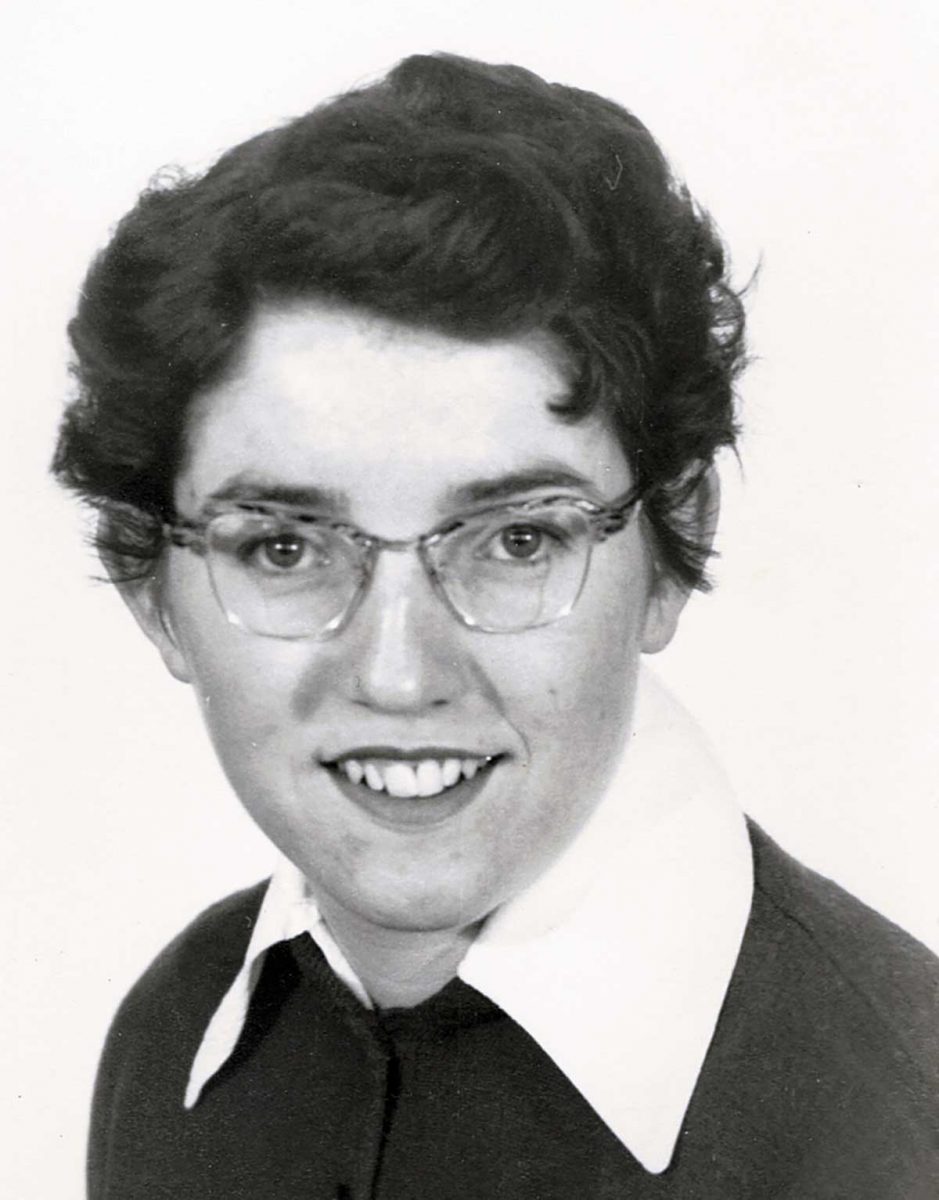
“I was born in St. Catharines to Harold and Nora Wilton on May 14, 1937,” Mike adds, “I was named after my dad whose second name is Livingstone, too, drawn from a local church. Sister Erin is two years older. “I remember my first day of Kindergarten at age five because nothing much happened. I waited a lot for the other kids that walked with us on our block and I waited at school too. Over the years, weather never stopped us from going to school, despite the lake-effect snow from the north wind which built drifts over my head.”
High school left a few indelible memories. “One time we tipped some lockers over, a normal prank for teens, but our principal went ballistic. He failed to see the humour in our trick. We were punished, but we chose to recall the levity of our act, not the inconvenience,” Mike adds with a smile.
At age 11, in 1947, the Wiltons moved to Dundas. Mike found most of the courses in school did not interest him. “I wanted to take biology, but this school did not teach the sciences so I started to look forward to the next phase of my education.”
“After high school, I applied to the University of Guelph, more of a college at the time. ‘Fisheries and Wildlife Management with an agricultural vein’ caught my interest. Two years of general courses preceded the last two of optional courses. It was my first time away from home, so my social life was greatly exaggerated. This resulted in my repeating my third year. We were affiliated with the Faculty of Agriculture, University of Toronto, and that is where we got our degrees.”
Summers were spent with the Naval Reserve. “This strategy gave me the field experience I needed and much-needed remuneration. In my last year, I came to Manitoulin Island to work with a professor, Keith Ronald, who studied diseases and parasites of the white-tailed deer. Our camping site was called the ‘I think’ camp as in “I think I’ll have another drink.” It was located on the West End of Manitoulin, in Robinson and Dawson Townships, west of Sheshegwaning. We had to take a cross-section of deer samples back to Guelph. This entailed shooting a few animals at night, jacklighting, which was more productive, but regretfully also upset the local population who were looking forward to hunting season. We hung the deer we harvested behind a screened-in area to keep the bugs away. We affectionally referred to this as ‘the blood and guts factory’.”
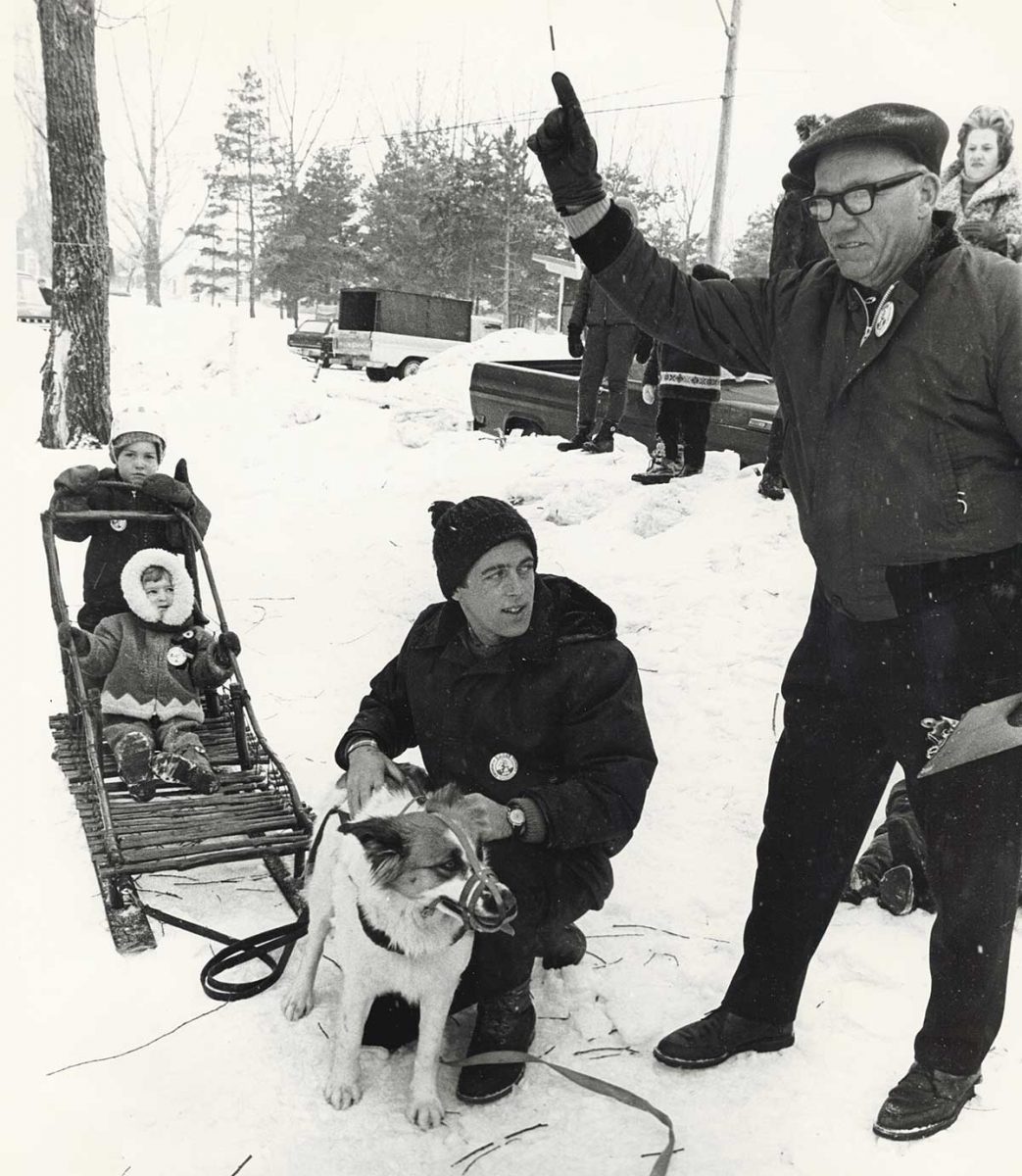
One fateful day in 1961, Mike was sleeping in the back of a car while travelling with another ministry staffer. The driver fell asleep and the car rolled but neither man was seriously hurt. Mike jumped out, lodging his foot between two boulders. He injured his ankle while trying to remove it. The ankle never really became as functional as before, so eventually it was replaced.
Mike studied parasites and diseases of the snowshoe hare in the late 1950s to 1960s. He stayed at the Lands and Ministry of Forest Fish Lab in South Baymouth, run at the time by Dr. John and Dr. Joan Budd. It was a research lab that welcomed visiting students.
After his last summer on Manitoulin in 1961, Mike graduated from Guelph and returned to White River. Marj was also able to replace another worker in White River for one month and this provided more opportunity for Mike and Marj to spend time together. There is no time change in a railway town, so later when Mike drove to Wawa, a one-hour trip could take no time or two hours ‘officially’ depending on the time of year.
Michael and Marjorie were wed two years later, on December 30, 1963. Mike’s parents arrived at Wawa by train. “It was minus 40 when I drove to pick them up; the steam from the train had created a dense fog,” Mike adds. “I couldn’t see them. They couldn’t see me either, until they finally emerged from the cloud. I still remember that.”
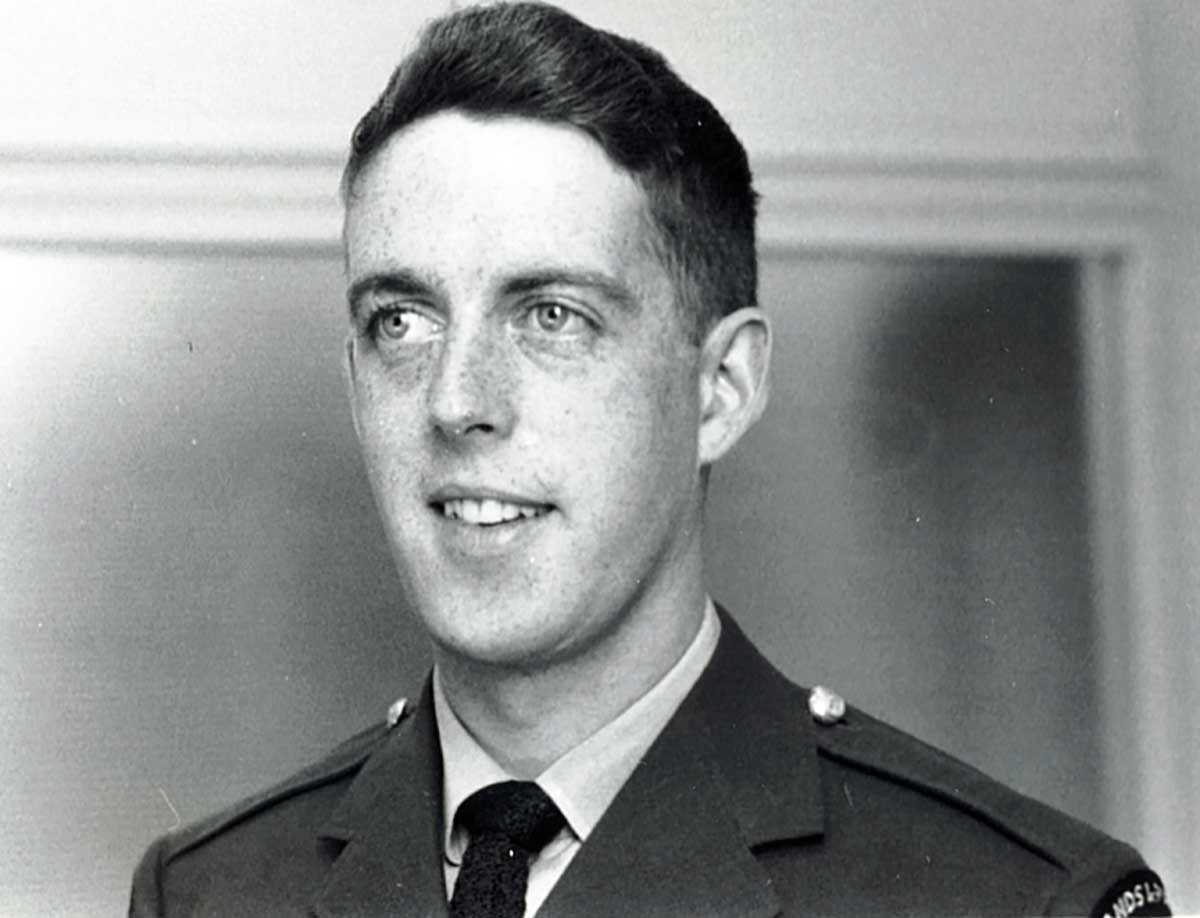
At the time of the wedding, the sun was shining brightly, and you could smell the smoke from the wood stove in the church. Mike was 10 minutes late. He had run back to the hotel to get the boutonnieres which earned him the nickname, ‘The late Mr. Wilton.’ The reception followed. For the honeymoon, Todd Bryan, Mike’s brother-in-law, lent him his Ford Fairlane so Mike wouldn’t need his old Volkswagen Bug.
The honeymoon took them to Lansing, Michigan to Mike’s aunt and uncle. Toronto and Detroit were also stop-overs. “We booked into this fancy hotel in Detroit. It had an amazing entry but when we got to our room, the only view we had was of a brick wall about five feet outside our room.”
“We rented a small cabin in White River in 1964 for $50 a month. There was nothing else available in this town.” When the birth of their first child, Arthur, was imminent, Marjorie travelled to Wawa to be with her own doctor. It was a busy 10-bed hospital and the new mother wound up in the men’s ward.
Mike asked to be temporarily stationed in Wawa to be with his wife. He netted rainbow trout and introduced them to lakes north of Superior. When the family moved to Pembroke, Arthur, less than five weeks old, lay in a banana box on the back seat. Emily and Heather were born in Pembroke over the next four years.
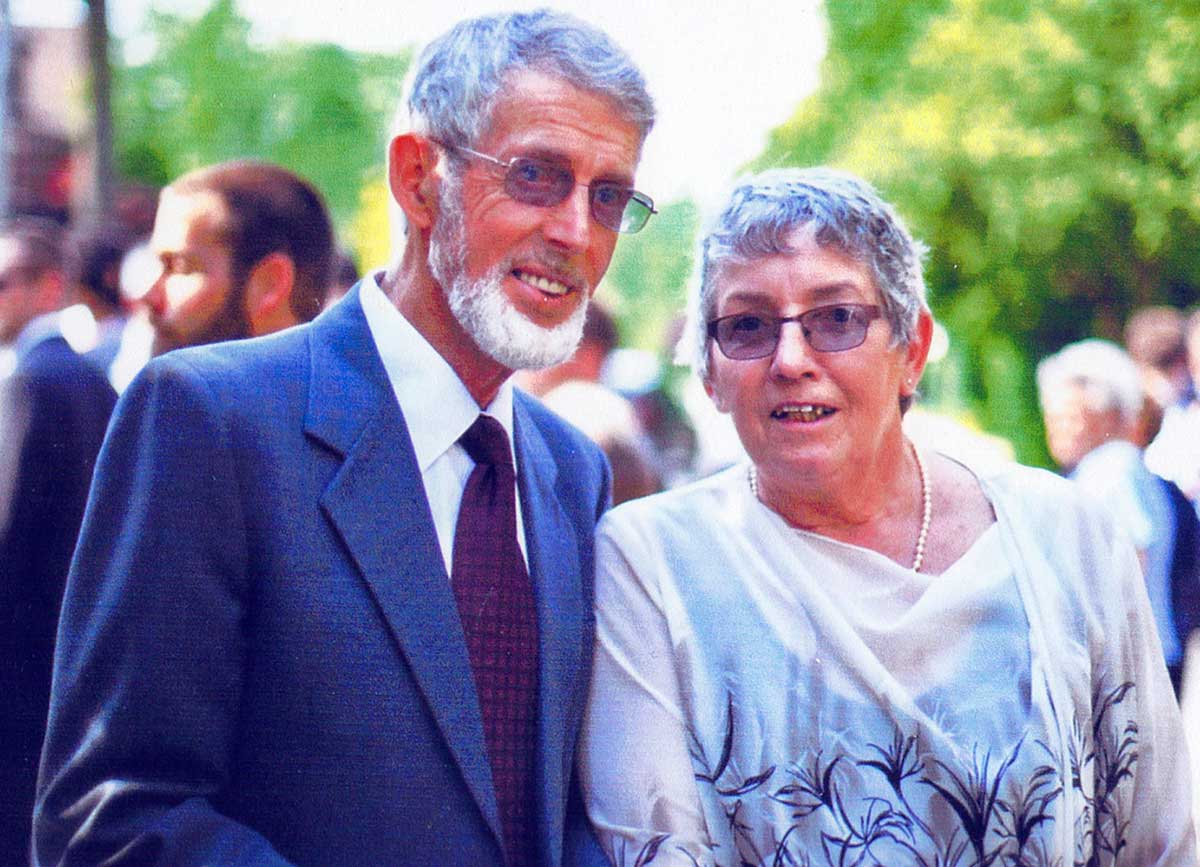
In time, Mike became the district biologist for the Department of Lands and Forests which later became the Ministry of Natural Resources in 1973. ‘Forestry’ was added in due course. As a conservation officer, he carried a badge. He was still a biologist, but he was expected to maintain the laws and prosecute those that broke them.
It was the opening season for ducks and Mike soon had to use his new power. A local politician came out of the marsh without his hunting licence. Mike was forced to charge him, and later his own neighbour, for breaking the same rule. The politician settled out of court but now Mike was in a difficult position. The authorities claimed that Mike had been right, but that he had used poor judgement.
The next stop was Huntsville to the regional office there. The family got a home in Port Sydney. “I was the regional wildlife biologist, but this job was more to do with paper-shuffling. However, I found ways to get out into the bush. Surveys for moose, deer and black bears would get me out in the field. Algonquin Park was part of this territory.”
“We got over 400 moose tagged while I was standing on the pontoon of the helicopter. You encourage the moose to get into the water while airborne then you get out on the pontoon, in mid-air, hanging onto the helicopter with one hand and with the pliers and the tag in the other hand. One bull moose will control a certain area and other young bull moose will move further away. By tagging them we can see where they wind up. Once they leave the park they can be hunted. In this way we may be able to control some of the movement of the moose. We found the population was stable.”
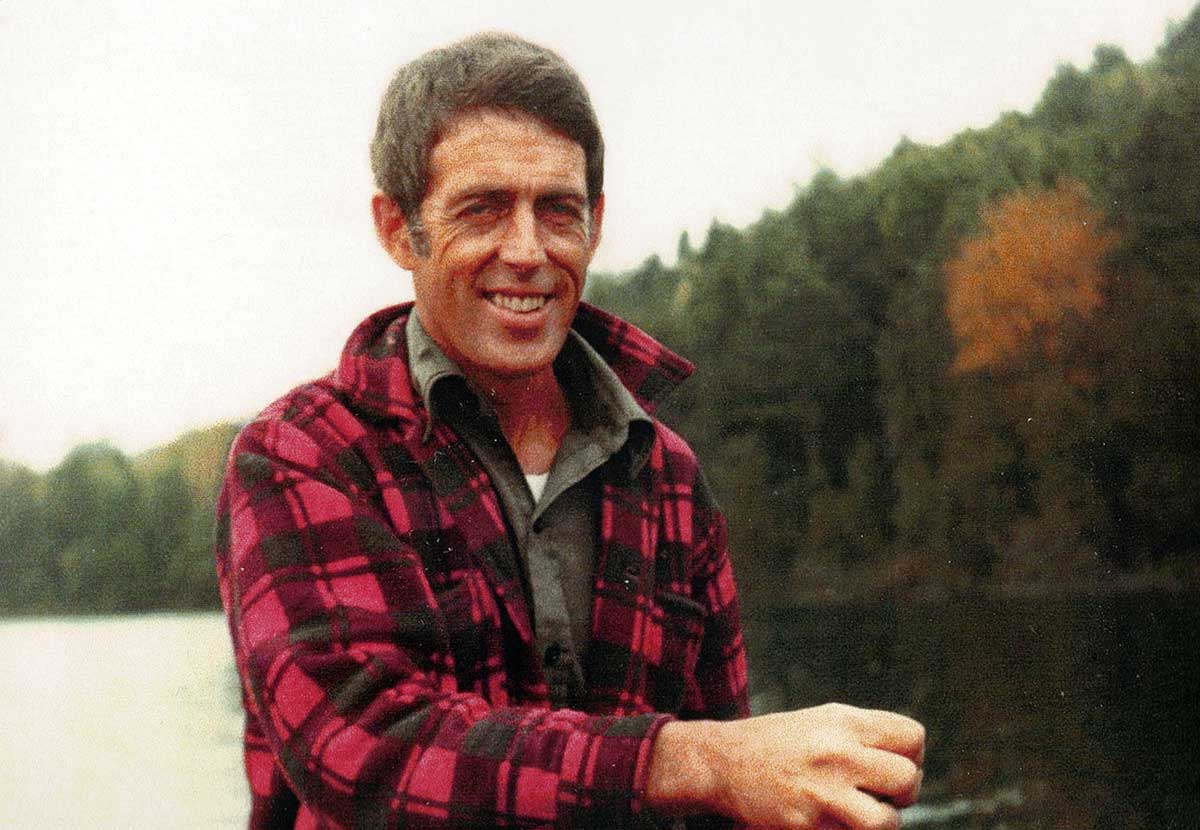
By 1990 Mike and Marjorie were empty nesters. They relocated to their dream house on the shores of Cache Lake right in Algonquin Park. Mike was the wildlife biologist for Algonquin. The home had three extra bedrooms and a sauna. “It was also the biggest non-profit bed and breakfast in the area, and we got a steady stream of visitors from the department.”
Mike bought a plane, a Lusombe 8E two-seater. “I was only in it once,” Marjorie injects, “I felt claustrophobic.” Mike flew this aircraft to Chilliwack, BC, Albuquerque, New Mexico and Tuktoyaktuk in the Northwest Territories, and the east coast.
“In 1988, Marjorie and I travelled from Marathon to Wawa by canoe catamaran. We strapped two canoes together for stability and it worked well. The wind was always ahead of us and we had a full moon to paddle by. Lake Superior is such a beautiful part of Canada. In 1989, we took a motorcycle to Newfoundland to a five-day moose conference and we toured around for another three weeks.”
In 1996, Mike retired after he and Marjorie had started Algonquin Eco Watch, an environmentally focused program with charitable status. “It was the Harris era and my position would not be replaced. The home needed repairs as did other parts of the park. A survey of septic systems came up with needed upgrades. People came there to relax, and we were agitating the government to get things repaired. The two didn’t mix well. Sadly, we learned a lot about our government, but it was time to retire.”
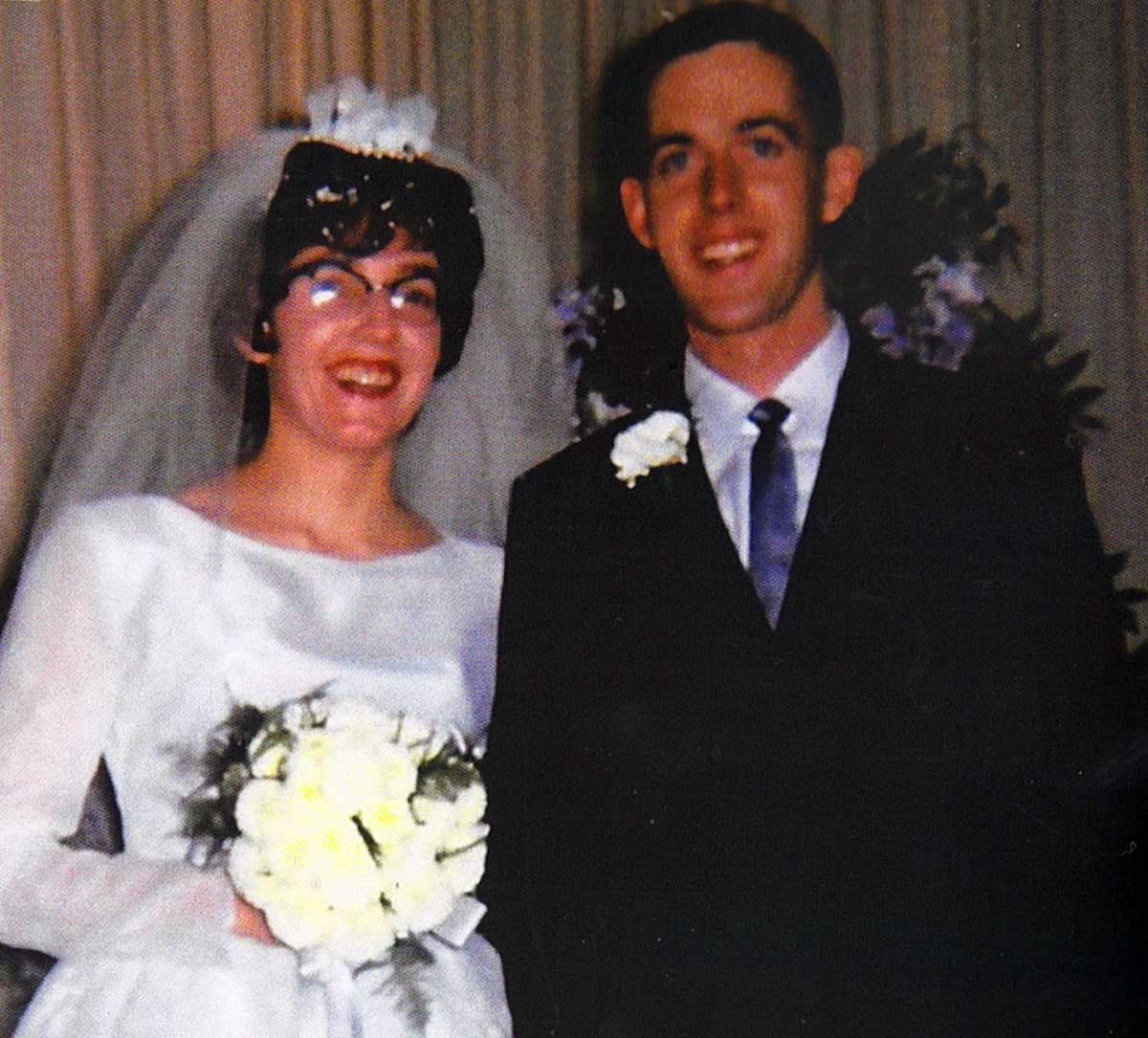
“A few years earlier, we had bought a lot on the shores of Lake Huron, near Spring Bay, and arranged for Earl Gilmore to build us a home ready for our retirement. Marjorie had designed it. My only request was a steep roof and a chimney in the center. We added a swimming pool too. About 20 years later, it was replaced with a garage as our interests changed.”
“We still have our lobster boat in Gore Bay. We took it to Michipicoten Island near Wawa once and came back in dense Lake Superior fog. Our GPS got us home slowly, but safely. We also took a commercial plane to Ireland twice. A rented car took us all around the ancestral home area. In British Columbia, we took a five-day barge cruise with 11 other people on the inner channel of the Campbell River. We had a terrific time in another amazingly beautiful area of Canada.”
“Our children have their own lives now. Arthur and Tammy have four children and one grandchild. Arthur works as a technician for Kone Elevators. At 30 years of age, Emily packed all her belongings into a Volkswagen and moved to British Columbia, the Campbell River area, where she was in customer relations for Pacific Coastal Airlines. Heather and her husband, Doug, a retired United Church minister, are about to become grandparents. They live in a home they built on the shore of Maple Lake in the Haliburton area. Heather works as a teacher’s assistant, helping kids with emotional issues. She had previously worked in Toronto with special needs kids too.”
“Most important event? Our wedding at -40°C. Favourite part of my career? Black bears. I had the opportunity to study them after an unfortunate event. Two people were mauled and killed by a bear in Algonquin Park, decades ago. I used my plane to radio track 12 bears at a time. I learned so much about them, their habits, den locations and much more.”
Favourite pets? All of them. “Muggs, our dog at present, has the nickname my dad had for me,” Marjorie confirms. “She is seven now. Mike got her for his birthday that year. Not long after we got her she was lost. We were worried she might have been caught in one of the traps set in open land across the road. Luckily, John Seabrook found her seven days later and she was back home, just when I was doing up my boots to look for her again.”
“Favourite season? We like them all. Each has its own charms. Favourite books? Patrick O’Brien, British author who wrote a series of about 20 books about Lord Nelson. Favourite family trips? Algonquin and winter camping in tents with the kids during March break. The kids didn’t think it was so great at the time, but looking back, it was a wonderful learning experience and bonding time for the family. People that inspired me? Hank Williams,” Mike responds quickly. “I have portrayed him in local musical offerings.”
“My strengths?” I like to think I am a good pilot,” adds Mike, who still has his plane and his licence. Marjorie has a penchant for making great peanut butter cookies and warm knitted sweaters. “What would we still like to do? See Cariboo Island in Lake Superior. We came near it once but didn’t go ashore. Today, we are part of the Twilight Club in Providence Bay. We meet once a month for lunch and enjoy the good company.”
“Anything I would change if I could go back in time? I wasn’t happy with the decision made by the MNR in Pembroke, but I wouldn’t change it now because everything turned out for the best,” Mike sums up. “I wish for good health moving forward,” Marjorie adds, “but I would do it all over again.”
“Recipe for happiness? A bottle of Split Rail Beer, amber ale,” Mike injects, smiling. “Try to see humour and something good in everything, every day,” Marjorie resolves.
“Manitoulin has always been a special place for us. We could have gone any place after retiring, but we came here. We considered Wawa but opted for this island. I worked here and Marjorie was born here. When you look out at the big water, where else would you want to live? I can’t imagine a better place. People here wave at you, and many have an agricultural background, they understand sweat and hard work,” Mike concludes. “We are here for the duration now, and very happy about it.”



